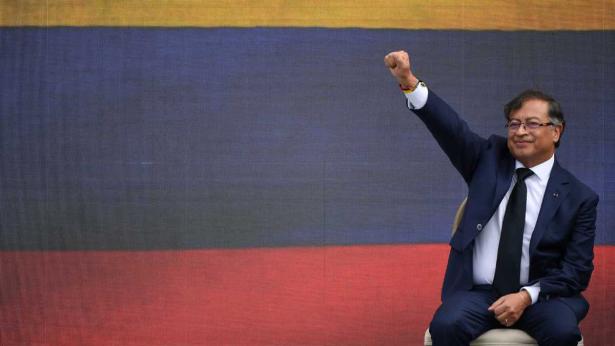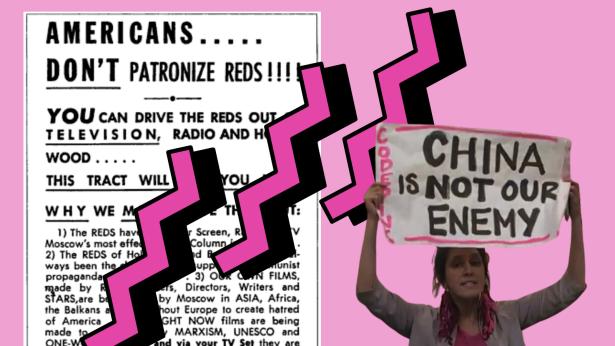What the Supreme Court’s Decision To Hear the Purdue Pharma Case Means
The New York Times

A federal appeals court had signed off on a deal that would shield members of the wealthy Sackler family from lawsuits in exchange for billions for those harmed by the opioid epidemic.










Spread the word